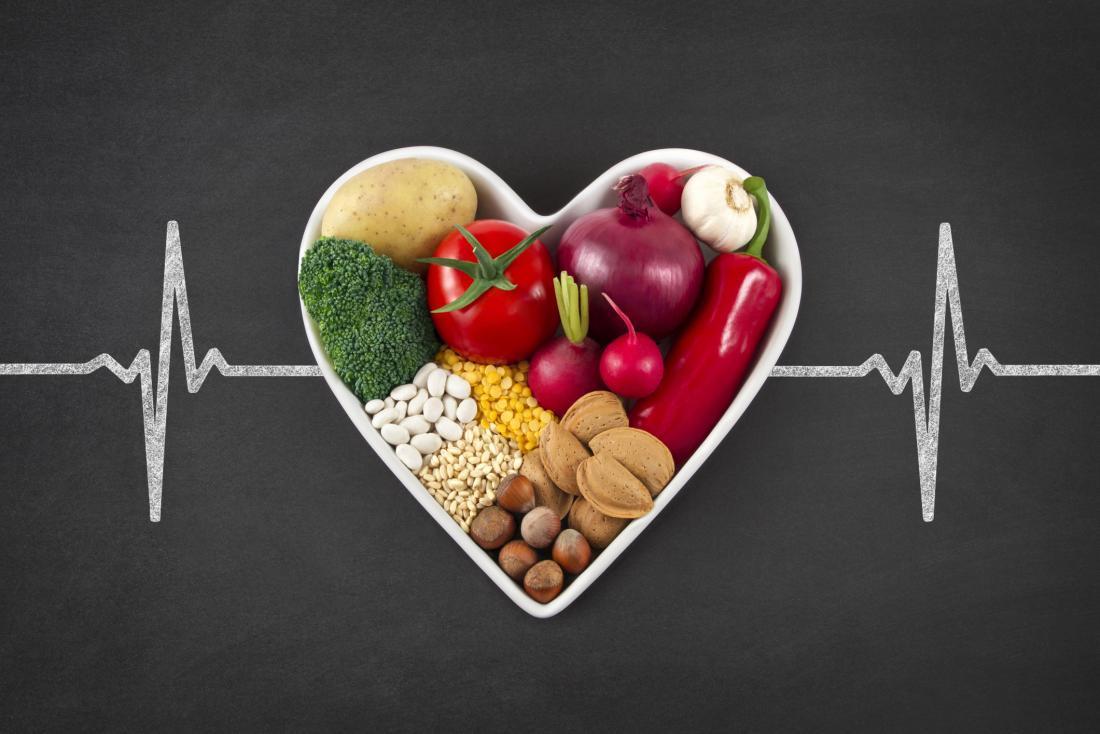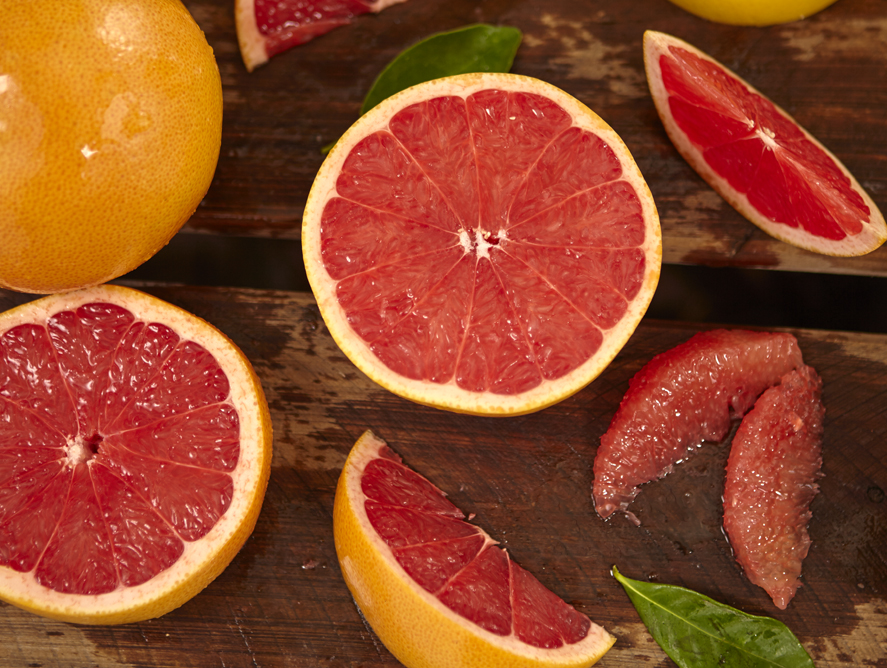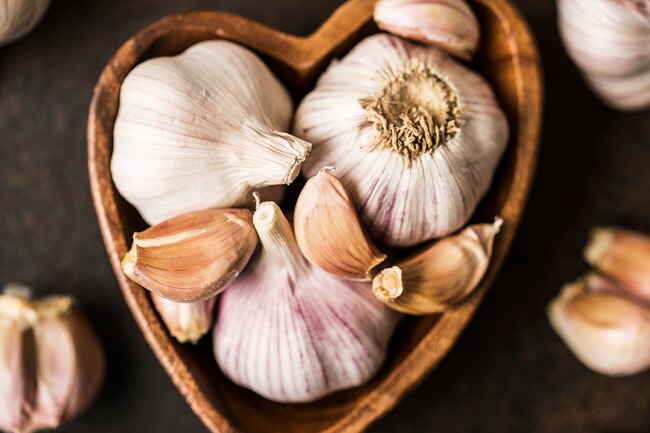My darlings, today we have Dr. Sarah Brewer back on the blog. Dr. Sarah Brewer is a Registered Doctor, a Registered Nutritionist, a Registered Nutritional Therapist, and an award-winning health writer. Today she gives us information on how to lower a raised cholesterol naturally. Thank you, Dr. Brewer!
Cholesterol has gained a bad reputation
Cholesterol has gained a bad reputation. Yet, this waxy substance is a vital building block for making sex hormones, vitamin D, bile acids and maintaining healthy cell membranes.
The problem occurs when your cholesterol levels rise too high and the ratio between ‘good’ HDL-cholesterol and ‘bad’ non-HDL-cholesterol becomes unbalanced. This is associated with the hardening and furring up of the arteries. Especially if your dietary intake of antioxidants from fruit and vegetables is inadequate. If your doctor recommends that you take cholesterol-lowering medication (a statin drug) then it is important to do so. If your cholesterol levels are borderline, or if you are unable to tolerate a statin due to side effects, the following natural approaches can help.
In many cases, they can improve the results achieved with your statin medication. But, it is important to talk to your doctor and to check for interactions with any drugs you are taking before starting any supplement.

Plant sterols
Plant sterols have a similar structure to cholesterol. They are able to block their absorption in the small intestines without being significantly absorbed themselves. Taking a plant sterol supplement lowers cholesterol levels by around 15%. For optimum cholesterol-lowering benefits, an intake of 2g per day is ideal. Adding plant sterols to statin medication is more effective than doubling the statin dose, but check with your doctor first.
Betaglucans
Betaglucans are extracted from oats or barley and are a type of soluble fiber. They help to slow the absorption of dietary cholesterol. Betaglucans can also act on the liver to reduce your own natural cholesterol production. A daily intake of at least 3g oat betaglucan can lower total cholesterol and LDL-cholesterol by 5% to 10%. They can be used with or without statin medication but check with your doctor first.

Citrus extracts
Citrus extracts contain bitter polyphenols with cholesterol-lowering properties. Drinking red grapefruit juice daily can lower cholesterol by 7% to 15%, for example. But unfortunately, these grapefruit polyphenols interact with some prescribed medications, including statin drugs. Make sure to read the patient information leaflet that comes with your medicines before eating/drinking grapefruit.
Bergamot Orange extracts block the absorption of cholesterol from the intestines, and raise ‘good’ HDL-cholesterol to improve overall cholesterol balance. Bergamot orange extracts have similar effectiveness to statins, lowering cholesterol by 31%.
Lycopene
Lycopene is the carotenoid pigment that gives tomatoes their red color. Cooking tomatoes releases lycopene from inside cells so it becomes five times more bioavailable than in raw tomatoes. Tinned tomatoes provide around 3mg lycopene per 100g, for example, while tomato ketchup supplies around 17mg/100g. Taking 25mg lycopene per day in supplement form can lower cholesterol by around 10%. Lycopene also has beneficial effects on the elasticity and thickness of artery walls.

Garlic
Garlic contains unique, sulfur-containing antioxidants such as allicin that reduce cholesterol production in the liver. The results from 39 clinical trials, involving 2300 people, show that garlic extracts can lower cholesterol by 10% within two months. Aged black garlic may be more effective than non-aged garlic.
Red yeast rice
Red yeast rice is produced when a yeast, Monascus purpureus, ferments wet rice. It contains a substance, monacolin K, which is identical to the statin drug, lovastatin. Although red yeast rice extracts sold as food supplements usually have their statin content removed, other ingredients present still work on the liver in exactly the same way to block cholesterol production. Ten trials, involving 905 people, found that red yeast rice extracts produced similar results to statins. If you are intolerant of statin drugs, however, you may experience the same side effects (eg fatigue, muscle aches or weakness) with red yeast rice.
Statins and coenzyme Q10
Statins lower cholesterol by inhibiting a liver enzyme (HMG-CoA reductase) that is also needed to make a vitamin-like nutrient called coenzyme Q10. Taking a statin can halve circulating levels of coenzyme Q10 within four weeks. This may contribute to the muscle side effects associated with statin medication. Ingesting a coenzyme Q10 supplement (eg ubiquinol) may help to overcome these side effects to you can stay on your medication. Taking vitamin D supplements is also important, as vitamin D is made from cholesterol and production falls with statin medication. As always, do speak with your doctor first.
Do you struggle with high cholesterol? Let us know if you’ve tried any of these remedies in the comments below!
 Dr. Sarah Brewer MSc (Nutr Med), MA (Cantab), MB, BChir, RNutr, MBANT, CNHC, qualified from Cambridge University with degrees in Natural Sciences, Medicine and Surgery. After working in hospitals and general practice, she recognized that many illnesses have a dietary basis and studied for a Master’s degree in Nutritional Medicine. As well as being a registered doctor, Sarah is also a Registered Nutritionist, a Registered Nutritional Therapist and an award-winning health writer. https://drsarahbrewer.com
Dr. Sarah Brewer MSc (Nutr Med), MA (Cantab), MB, BChir, RNutr, MBANT, CNHC, qualified from Cambridge University with degrees in Natural Sciences, Medicine and Surgery. After working in hospitals and general practice, she recognized that many illnesses have a dietary basis and studied for a Master’s degree in Nutritional Medicine. As well as being a registered doctor, Sarah is also a Registered Nutritionist, a Registered Nutritional Therapist and an award-winning health writer. https://drsarahbrewer.com
+ show Comments
- Hide Comments
add a comment